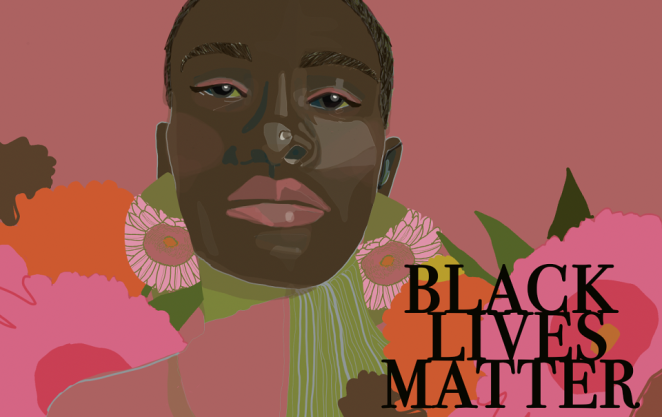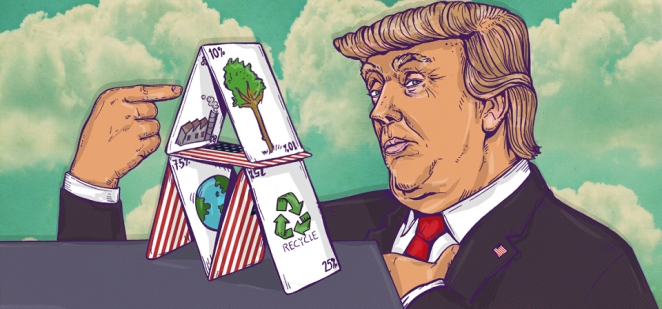Adland has always been naturally dynamic, it hasn’t really had a choice. It’s an industry that’s had to continually reinvent itself as it adapts not only to changes in technology but consumer behaviour and cultural norms. However, at a time when we’re still processing a political assassination attempt and another major football loss, I thought I’d put the spotlight on how such global events have impacted advertising over the years.
No global event has had as profound an impact, of course, as the pandemic of 2020. The events altered consumer priorities, disrupted traditional advertising channels and compelled brands to innovate in some genuinely unprecedented ways.
The COVID-19 Pandemic: A Paradigm Shift
The COVID-19 pandemic is arguably the most significant global event in recent history, radically transforming the advertising landscape. As lockdowns and social distancing measures were implemented worldwide, traditional advertising channels like out-of-home (OOH) and cinema advertising saw drastic declines. With fewer people commuting or attending public events, advertisers had to pivot quickly. Print media also suffered, as advertisers pulled back on spending due to economic uncertainty and reduced readership.

Conversely, digital media consumption surged as people spent more time at home. Streaming services, social media platforms, and online gaming experienced unprecedented growth. This shift forced advertisers to reallocate budgets towards digital channels. For instance, Facebook and Google reported better-than-expected revenues in the first quarter of 2020, reflecting the increased demand for online advertising. In China, where digital media already commanded significant market share, companies like Tencent saw their digital ad revenues increase substantially.
The pandemic also accelerated the adoption of hybrid events, which combine in-person and virtual elements. According to a survey by Bizzabo, 97% of event marketers believe hybrid events are the future. This trend has significant implications for advertising, as brands can now reach broader audiences without the constraints of physical venues. The flexibility and cost-effectiveness of virtual components make hybrid events an attractive option for marketers looking to maximize their reach and engagement.
Political and Social Movements
Global political events and social movements also play a crucial role in shaping advertising strategies. The events of 2020, including the Black Lives Matter protests and heightened political tensions, brought brand purpose to the forefront. Consumers increasingly expect brands to take stands on social issues, leading to a surge in purpose-driven campaigns.

Julia Knie
Companies that align their messaging with social values can strengthen their brand loyalty and attract new customers. However, navigating these waters requires sensitivity and authenticity, as missteps can lead to significant backlash.
Economic Fluctuations and Advertising Spend
Economic conditions are another critical factor influenced by global events. Advertising spend often correlates with economic performance, with budgets expanding in boom times and contracting during recessions. The pandemic-induced economic downturn led to a notable decline in advertising expenditures. In Europe, ad spending dropped by 9% on average, with some countries experiencing even steeper declines. This reduction forced advertisers to become more strategic, focusing on channels that offer the best return on investment.
Interestingly, some sectors bucked the trend. Government spending on public health campaigns and support for journalism increased, highlighting the role of advertising in crisis communication. Additionally, brands that could adapt quickly and address the changing needs of consumers, such as those in e-commerce and digital services, fared better during the downturn.
Technological Advancements and Remote Work
The pandemic also accelerated technological advancements and the adoption of remote work, which have lasting impacts on advertising. The shift to remote work has dissolved geographical barriers, allowing media, marketing, and advertising professionals to collaborate globally. This change has opened up new opportunities for freelancers and small agencies to work with clients across different regions.
Furthermore, advancements in data analytics and AI have enabled more precise targeting and personalization in advertising. Brands can now leverage real-time data to adjust their strategies and respond to emerging trends more effectively. This capability is particularly valuable during global events, where consumer behaviour can change rapidly.
The Future: Resilience and Adaptation
Egarcigu (Eduard Garcia)
I’m not saying the events in Pennsylvania over the weekend will have a major impact on advertising in any real immediate way (aside from that already iconic shot of Donald Trump defiantly raising his fist, which might just be the most perfect photo of the decade thus far). However, it’s a historic event that could, in many ways, kick off a chain of events that is almost as transformative as the pandemic.
It's almost certain he’ll win in November now and a second Trump presidency could mean a very different landscape for the US advertising industry, particularly if you believe all the furore around “Project 2025”. If there’s one thing adland has proven time and time again, however, it’s that it truly knows how to roll with the punches and lean into a tough corner!






